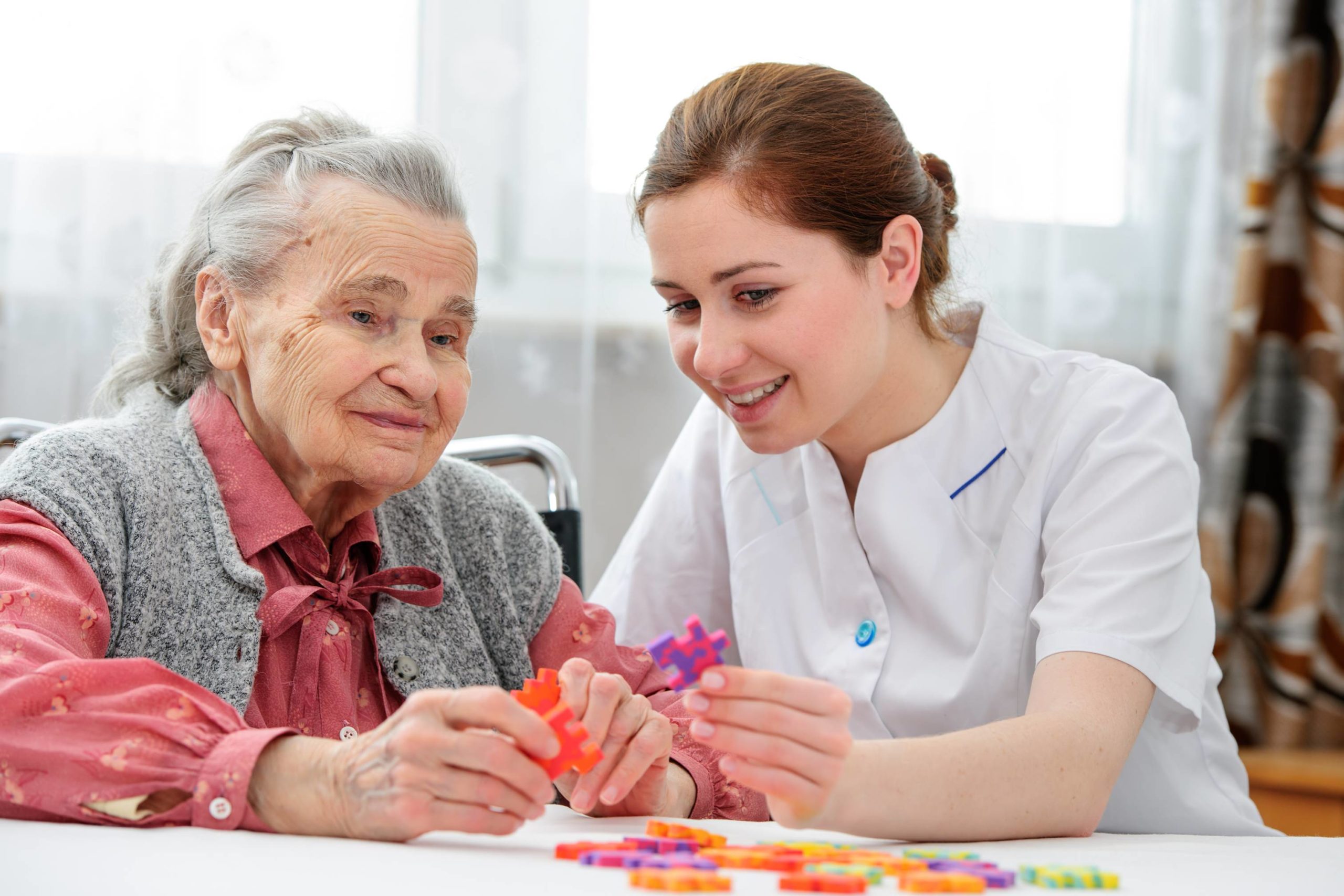Selecting the Perfect Charlotte Care Home: Trick Elements to Consider for Your Family
Selecting the Perfect Charlotte Care Home: Trick Elements to Consider for Your Family
Blog Article
Efficient Dementia Care Strategies for a Better Quality of Life
In the realm of mental deterioration care, the implementation of efficient methods is essential for improving the quality of life for both people affected by the illness and their caregivers. Understanding the unique stages of dementia allows for tailored interventions that address the progressing demands of clients-- from promoting cognitive involvement in the early stages to making certain dignity in late-stage treatment. The value of interaction methods and a supportive atmosphere can not be overemphasized. What specific approaches can be adopted to cultivate an environment of compassion and connection throughout this challenging trip?
Recognizing Dementia Phases

In the early stage, individuals may experience mild memory loss and difficulty with acquainted jobs. Treatment techniques should focus on keeping freedom and supplying cognitive excitement. In the late stage, people might shed the ability to call for and connect help with day-to-day tasks.
Acknowledging these stages enables caretakers to adjust their strategies and supply support that lines up with the person's present demands, inevitably helping with better monitoring of the problem and boosting the total caregiving experience. Comprehending dementia stages is for that reason a foundational facet of reliable mental deterioration treatment.
Communication Strategies
Reliable communication is a vital part of dementia care, especially as the disease advances with its various phases. As cognitive abilities decrease, it ends up being important to adjust interaction methods to fulfill the needs of individuals with mental deterioration. Utilizing clear, easy language is essential; caregivers need to prevent intricate sentences and jargon, opting rather for simple, succinct expressions.
Non-verbal interaction plays a similarly significant role. Face expressions, motions, and intonation can share heat and understanding, frequently boosting verbal messages. Maintaining eye get in touch with and an open posture promotes a feeling of connection and security, encouraging people with dementia to involve even more fully in discussions.
It is additionally advantageous to be client and enable sufficient time for reactions. People may require additional time to procedure info and create their ideas. If comprehension appears lacking., repeating or putting in other words concerns may be essential.
Last but not least, focusing on the person's interests and personal background can promote a lot more significant interactions. Participating in familiar subjects can evoke favorable memories and feelings, better enriching the communication experience (charlotte care home). By utilizing these strategies, caregivers can considerably improve the high quality of communications, advertising self-respect and regard for people living with dementia
Developing a Safe Atmosphere
Developing a risk-free environment for individuals with mental deterioration is important to promoting their wellness and independence. A properly designed space can significantly minimize the threats of accidents and enhance the quality of life for those affected by this problem.
Lighting plays a critical function as well; using natural light anywhere possible and integrating evening lights can assist people navigate their surroundings securely. Additionally, labeling spaces and vital items can help memory and positioning, lowering complication and anxiety.
It is additionally essential to produce an acquainted atmosphere by individualizing the room with photographs or treasured products, which can stimulate favorable memories and a sense of belonging.
Incorporating furnishings that is both useful and comfy adds to an encouraging atmosphere, enabling people to take part in daily tasks effortlessly. Ultimately, a secure environment not just safeguards versus physical dangers yet likewise cultivates a complacency, which is crucial for the psychological wellness of those living with mental useful source deterioration.
Engaging Regimens and tasks
Engaging activities and organized routines are essential parts in the treatment of individuals with dementia, as they promote cognitive feature, emotional stability, and social communication. These activities must be customized to the person's interests, capabilities, and phase of cognitive decrease. memory care facility charlotte. Basic, repeated tasks such as horticulture, arts and crafts, or food preparation can offer significant engagement, see this website permitting individuals to use their skills while fostering a sense of accomplishment
Developing an everyday regimen helps develop a predictable environment, which can reduce stress and anxiety and confusion. This framework can include assigned times for dishes, activities, and remainder, guaranteeing a well balanced technique to everyday life. Including social interactions right into these regimens, such as team tasks or seeing family, more enhances emotional health and fights sensations of isolation.
In addition, physical activities, such as dancing or strolling, not only promote physical health but also boost mental engagement. Encouraging participation in community events or support system can offer extra possibilities for socialization. In general, the integration of engaging activities and organized routines is vital in boosting the lifestyle for individuals with mental deterioration, fostering freedom and dignity while resolving their distinct requirements.
Sustaining Caretaker Wellness
Caring for individuals with mental deterioration can be a demanding and psychologically taxing experience, making it essential to prioritize the health of caregivers. Caretakers typically encounter high degrees of stress, anxiousness, and physical exhaustion, which can result in fatigue otherwise resolved properly. To sustain their well-being, it is essential to apply a multifaceted strategy.
First, providing caretakers with accessibility to education and learning and sources can encourage them with strategies to manage everyday difficulties. Support system, both in-person and online, supply a system for sharing experiences, promoting a feeling dementia care charlotte of community, and lowering feelings of seclusion. Additionally, reprieve care solutions allow caregivers to take needed breaks, enabling them time to go to and charge to their very own health requirements.
Additionally, motivating caretakers to participate in self-care practices-- such as normal exercise, healthy and balanced consuming, and mindfulness-- can dramatically improve their resilience. Promoting open communication concerning their feelings and obstacles with family participants or professionals likewise aids relieve psychological concerns.
Final Thought
Finally, effective dementia treatment approaches include a thorough understanding of the disease's phases, the implementation of clear communication techniques, the establishment of a risk-free atmosphere, and the promo of engaging tasks and organized regimens. In addition, prioritizing the well-being of caretakers is vital to maintaining high quality treatment. By incorporating these strategies, the total top quality of life for people with dementia can be dramatically boosted, cultivating an encouraging ambience that advertises dignity and psychological health.
In the realm of dementia care, the application of efficient methods is important for improving the high quality of life for both individuals affected by the condition and their caretakers. By using these techniques, caregivers can dramatically boost the top quality of interactions, promoting dignity and regard for people living with mental deterioration.

Caring for individuals with mental deterioration can be a demanding and psychologically straining experience, making it vital to prioritize the well-being of caretakers.
Report this page